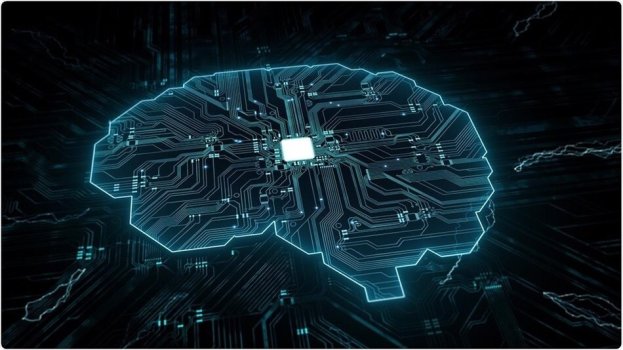In a recent review published in the journal of Nature Medicine, scientists discussed the results of a two-year weekly effort to track and communicate significant developments in medical (artificial intelligence) AI. They included prospective studies as well as developments in medical image analysis that have narrowed the gap between research and implementation. They also discuss non-image data sources, innovative issue formulations, and human-AI collaboration as prospective pathways for novel medical AI research.
As the medical AI community navigates the many ethical, technical, and human-centered issues required for safe and successful translation, the deployment of medical AI systems in routine clinical care presents an important but largely unrealized opportunity.
Recent advancements in the use of AI algorithms in medicine
Many randomized controlled trials (RCTs) have been used to assess the utility of AI systems in healthcare. An RCT evaluating an AI system for managing insulin doses, for example, measured the number of time patients spent within the target glucose range, and a study evaluating a monitoring system for intraoperative hypotension tracked the average duration of hypotension episodes. According to a 2020 study, the US Food and Drug Administration is rapidly approving AI, particularly machine learning technologies.
Medical AI research has exploded in fields like radiology, pathology, gastrointestinal, and ophthalmology, which rely primarily on image interpretation. For radiology activities such as mammography interpretation, heart function assessment, and lung cancer screening, AI systems have shown significant increases in accuracy, tackling diagnosis and risk prediction and treatment. One AI system, for example, was taught to predict 3-year lung cancer risk based on radiologists' computed tomography (CT) readings and other clinical data.
Continue reading: https://www.news-medical.net/news/20220124/How-artificial-intelligence-is-poised-to-reshape-medicine.aspx
As the medical AI community navigates the many ethical, technical, and human-centered issues required for safe and successful translation, the deployment of medical AI systems in routine clinical care presents an important but largely unrealized opportunity.
Recent advancements in the use of AI algorithms in medicine
Many randomized controlled trials (RCTs) have been used to assess the utility of AI systems in healthcare. An RCT evaluating an AI system for managing insulin doses, for example, measured the number of time patients spent within the target glucose range, and a study evaluating a monitoring system for intraoperative hypotension tracked the average duration of hypotension episodes. According to a 2020 study, the US Food and Drug Administration is rapidly approving AI, particularly machine learning technologies.
Medical AI research has exploded in fields like radiology, pathology, gastrointestinal, and ophthalmology, which rely primarily on image interpretation. For radiology activities such as mammography interpretation, heart function assessment, and lung cancer screening, AI systems have shown significant increases in accuracy, tackling diagnosis and risk prediction and treatment. One AI system, for example, was taught to predict 3-year lung cancer risk based on radiologists' computed tomography (CT) readings and other clinical data.
Continue reading: https://www.news-medical.net/news/20220124/How-artificial-intelligence-is-poised-to-reshape-medicine.aspx

